Developing service excellence at the Contact Center management level is a critical enabler for a company’s long-term success.
Providing exemplary customer service is essential for all businesses that strive for differentiation and growth. Customer service associates build the brand, the company reputation, and the trust of the existing and prospective customers. A knowledgeable and professional customer service associate can have a very positive impact on how a customer views a company. Conversely, an associate who does a poor job handling a customer service issue can be a liability for a company. With so much at risk, companies must do whatever they can to make sure those who represent them do it well.
In a typical Contact Center, frontline managers are responsible for developing team members, but for a variety of reasons, they don’t always do it as well as they should. Often, they don’t have the appropriate training, skills, or experience to effectively foster development. They may lack time due to competing business priorities or, perhaps, the one-on-one sessions they schedule for coaching become discussions of business issues, leaving little or no time for actual coaching. Associate development and coaching are paramount to delivering amazing customer experiences and must become top priorities for all levels of leadership within an organization.
What outcomes will a strong coaching and training program deliver?
Formalized Contact Center coaching and training programs help companies deliver better customer experiences by ensuring customer service associates are equipped with the proper tools and techniques to be successful. Effective coaching programs should yield the following results:
- Better associate engagement and retention
- Improved associate performance
- Enhanced process improvements because frontline associates are well-positioned to identify product or process gaps
- Improved customer experiences and satisfaction
- Increased First Contact Resolution and Inquiry Resolution
- Better career development for customer service associates
Best practices for contact center coaching and training
To effectively develop their teams, Contact Center managers must have regular coaching conversations with their associates. This creates a culture of high trust and high performance, which translates to great service for customers. Experience has shown that some of the best practices for developing associates and effectively coaching them include:
- Informal daily connections
- The manager walks the Contact Center floor or reaches out virtually to check in with their team members to see how they are doing and be available for associates who may have issues that need to be addressed. If needed, the manager provides support and holds spot coaching sessions with associates.
- Huddles
- Short team meetings of 20-30 minutes are held several times throughout the week to keep the team up to date on topics for the week, address issues the team is facing, recognize successes, stimulate team discussions, and share tips.
- Monthly team meetings to provide business updates, team and individual collaboration, and development
- One-on-one meetings between the manager and the associate for specific and actionable coaching
- Involvement by the manager’s direct supervisor, who can help by:
- Observing one-on-one coaching sessions between the manager and their associates – to observe the effectiveness of the session including what goes well and areas of improvement.
- Implementing “skip-level” meetings between the manager’s direct supervisor and their associates – the Supervisor learns about the relationships between the manager and associates and ensures the associates are receiving the support and coaching needed to improve their performance and move their careers forward.
- Using Workforce Management (WFM) data to ensure coaching sessions are happening and to measure frequency and duration – If the data suggests that sessions are not happening frequently enough, the supervisor assists by removing barriers that impede the manager’s ability to spend time coaching associates.
Customization is key
The Northridge Group has developed customized Contact Center coaching and training programs that have been enthusiastically embraced by our clients for encompassing best practices and delivering compelling results. We perform time allocation studies which include working sessions with managers to determine where they are currently spending time and then review our time allocation assessments with frontline managers and senior leadership to determine how to effectively reallocate their time to coaching and developing their associates. For instance, we may find that managers are spending too much time on projects or escalations versus time with their associates. Once problem areas are defined, we recommend ways to resolve issues and create best-in-class coaching and training programs for each Contact Center function.
In response to the COVID-19 crisis, we have developed and implemented virtual options for our Contact Center coaching and training programs which are great solutions for companies that want to invest in their people now, when call volumes may be lower, so they will be ready when the economy rebounds.
The Northridge Group helps clients develop customized Contact Center coaching and training programs to drive positive improvements in associate development, engagement, and retention, leading to improved performance and customer experiences. Read this recent case study to learn how our Contact Center coaching and training program delivered dramatic results to a client in need of increased Contact Center efficiency. To explore how your organization can benefit from our Contact Center coaching and training program, contact us.
